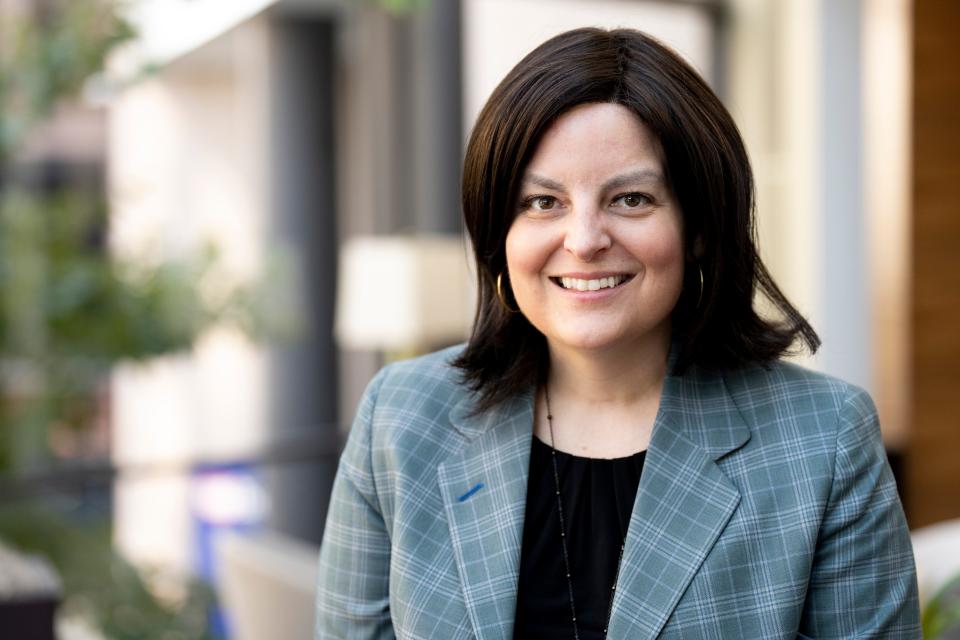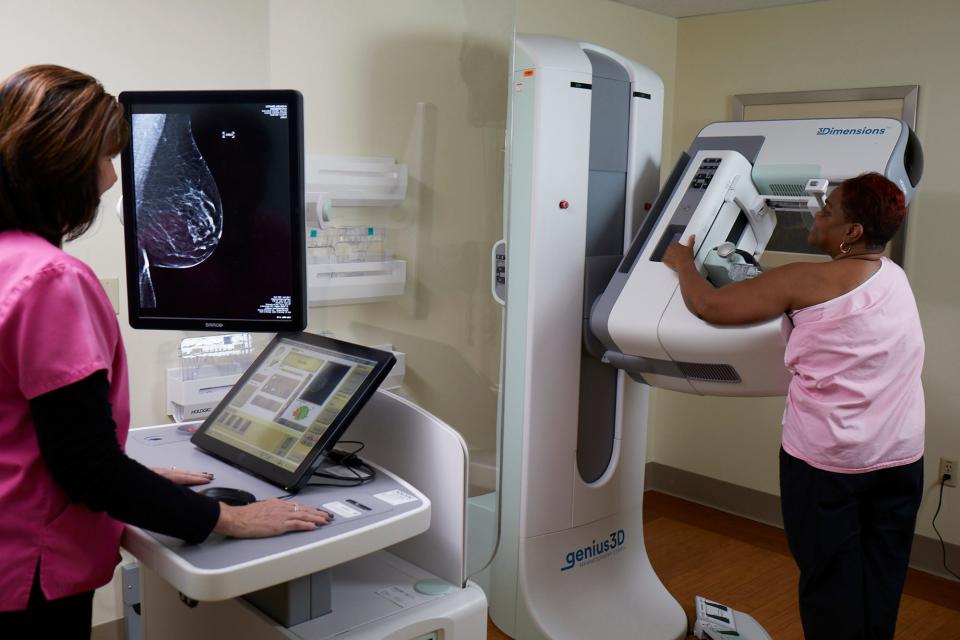Cancer diagnoses in adults under 50 increasing but still rare | Opinion
I am of an age now when the word "cancer" sounds like a speeding arrow zipping past my temple. Cancer generally is a disease of many years lived, so I watch in puzzlement as the illness strikes people I now consider young, people under 50.
In late March, cancer killed an excellent local public servant, Brigid Kelly, at 40, and Princess Catherine of Wales, 42, announced that she is getting treated for cancer.

The incidence of cancer has slouched into middle age; one study published last year says the increase from 1990 to 2017 is a breathtaking 79%.
Then the pandemic bit down, and for six weeks in the spring of 2020, hospital systems halted all non-emergency procedures, testing and research. Those lines of business have not bounced all the way back, with predictable consequences: The head of the National Cancer Institute warned in June 2020 that the nation could see an extra 10,000 cancer deaths in the next decade.
My curiosity led me to two cancer specialists at UC Health, Dr. Amanda Jackson, a gynecologist, and Dr. Sandra Starnes, a cardiothoracic surgeon. The first step, the doctors said, is to refrain from freaking out. Cancer diagnoses in adults under 50, while increasing, are still rare, and U.S. cancer deaths have been declining thanks to fewer people smoking tobacco and better treatment.
"When you see these high-profile people in the community having an announcement that there's cancer, then it's almost seems more real, right?" Jackson said.
More: Cincinnati Archbishop Dennis Schnurr diagnosed with cancer, will undergo chemotherapy
"The good news is that overall mortality has gone down over the last decade or so," said Starnes. "This is not something for everyone to panic about."
You have simple interlocking tools at hand to manage your risk, the doctors said. The tools work for the 50-plus crowd, too.
Pay attention. A good diet and regular exercise can protect you. But don’t ignore change in your body because you think you’re too young for cancer.
"I always tell people, one day of bloating after eating Chinese food or something, that’s OK," Jackson said. "But for distinct symptoms, reach out to your doctor because you know this isn’t normal for you."
"Definitely be, not a hypochondriac and worry about every cough or every sneeze, but if something doesn't feel right, sometimes you have to just push your primary care doctor or really advocate for yourself," Starnes said.
Know your family history. This is critical. The genetic link in breast and colon cancer is well-established although not well understood.
"If they have a family history of cancer," said Jackson, "make sure their doctor knows because they may be eligible for increased screening, or a different screening approach than the general population."

Get the screening already. On April 30, the U.S. Preventive Services Task Force recommended that women get yearly mammograms starting at 40 rather than 50. In 2021, the task force lowered the screening age for those at average risk for colon cancer to 45 from 50.
If you get pushback from your health insurer, advocate for yourself.
"I’ve got patients who get stalled all the time," Jackson said, "that they’ve hit a lot of roadblocks in trying to get those (screenings) approved earlier with family history and based off of risk factors. So I do think the insurance companies need to be listening to doctors when they feel like a scan or a test is necessary."
If you’re under 50 with a family history, "cancer" can sound like that speeding arrow past your head. But you can evade it.
"There are actionable items, which is less scary than, oh, you may die of esophageal cancer in your 40s, and now I'm sorry, there's nothing you can do about it," Starnes said. "I hope people will take it the other way and be more proactive. I think people will listen more."
Anne Saker was The Enquirer’s health reporter from 2014 to 2021.

This article originally appeared on Cincinnati Enquirer: More adults under 50 being diagnosed with cancer

